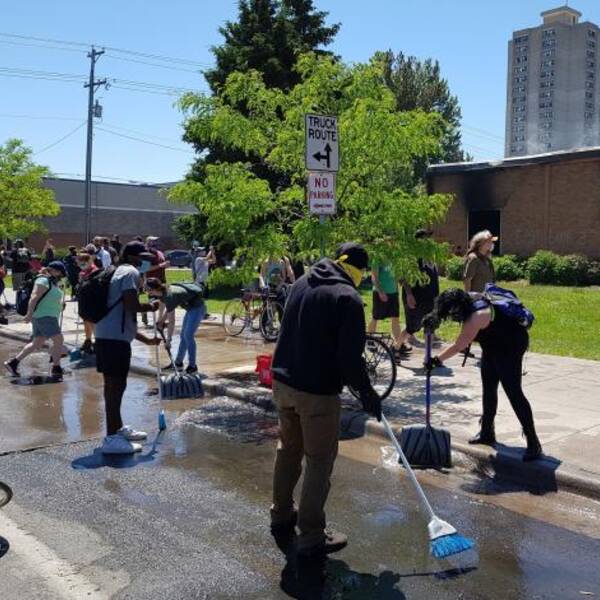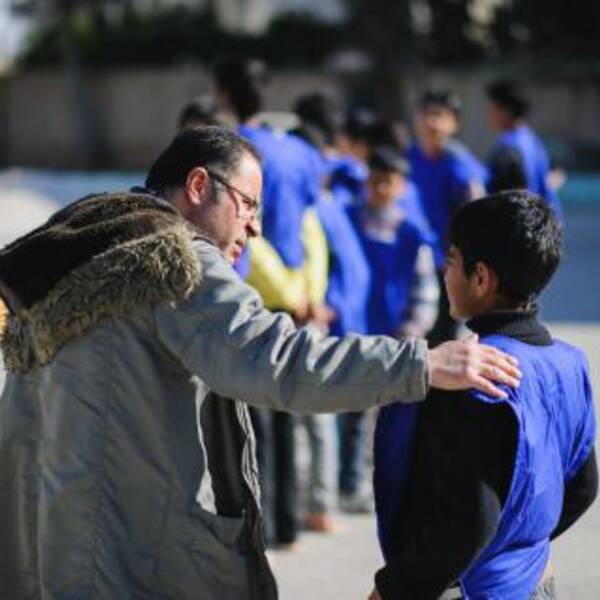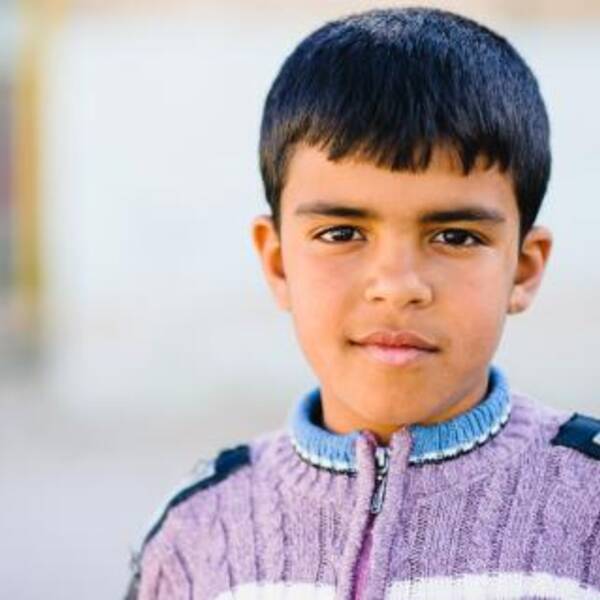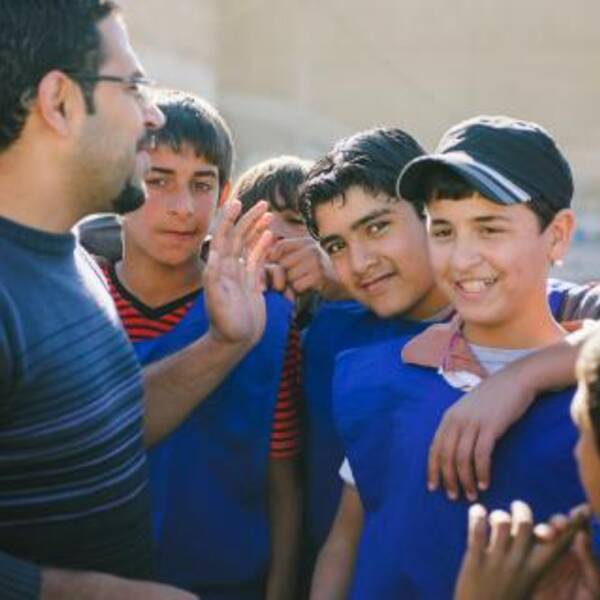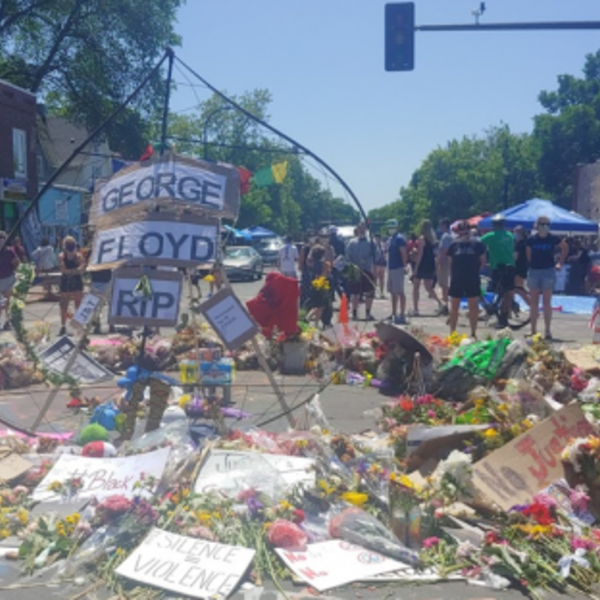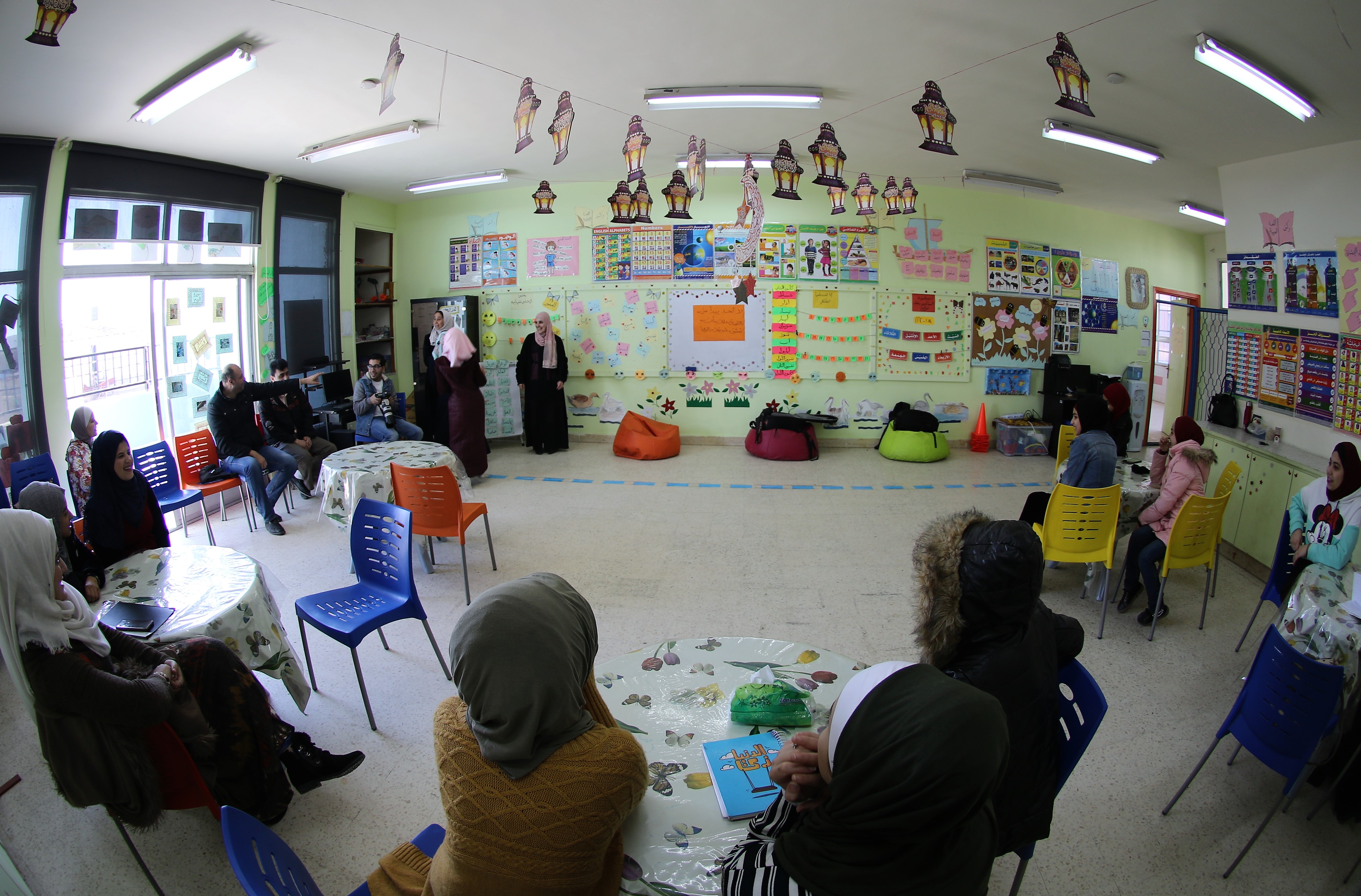Elbow grease. Grandma always said when something's hard to get done, use elbow grease. Press down. Scrub more. Give it more attention. Try harder.
In these days, it will take a lot of elbow grease for transformation. More of us know more of the things that must not stay the way they always were. Will we do the hard work that it takes for change?
Transformation will surprise you. It surprises me. It happens in the wildest, most unexpected, most uncomfortable ways. I become aware of the reality around me that I "missed." I see the invisible cords that bind a person in a dehumanized position. Several years ago, I was stunned by the shocking transformation of an invisible system that exploited incarcerated young people. This lesson still burns alive in my gut today. Questscope had been contracted to "build capacity" in 6 juvenile facilities in Jordan for 3,500 incarcerated teenagers. Our core belief was that every young person deserves a champion – a person committed to them, believing in them, supporting them to reach their best. Our core program goal was to build one-to-one relationships between each young person and a mentor.
However, for 2,000 mentors to have access to youth in State facilities required vetting, background checks, and identity cards to get past the gates into the buildings. Juvenile law permitted unrelated civilians into the facilities if the youth requested the visitor and if that visitor was not a threat. And then the unexpected, surprising things began to unfold. As often happens in any "closed" institution, some staff were seriously abusing youth. But when a civilian mentor could be found anywhere in a facility, at almost any time, with his or her "mentee," all abuse abruptly stopped. Like, within days. Outside civilians could not be "shut up." When they saw something, they said something. And the authorities quickly learned what they saw. Staff who had seen, but did not want to lose their jobs, now could speak, too. This was a big deal. Stopping traumatization of a young person stops the transmission of violence to others. We will never know the benefits of what was prevented in those juvenile centers.
We never expected that we could change those invisible policies for all correctional centers for juveniles. But we ultimately did. What we started with was just wanting a young person to have that chance for a champion. And that meant attracting and preparing mentors to be those champions. Which required fitting in with the system where the system worked best – vetting outsiders to ensure safety for youth. But by engaging with the system, we uncovered it where it worked the worst – hiding violence and abuse under the cloak of authority and respectability. We had to go toe-to-toe in pretty strong advocacy with the authorities for a while. And some people got terminated for the bad things they were doing. Systems of oppression do not just roll over and die. But they can be defeated. We also discovered allies in the system. People who had observed questionable practices for years. People who had kept silent because the culture upon which their success would be built required compliance. We discovered judges that were prepared to reconsider penalties and use judicial discretion for sentencing. We actually observed a system starting to heal and not harm.
In the long run, a new juvenile law was enacted that diverted young offenders away from incarceration, specialized juvenile courts were established, specially trained police were assigned for juvenile offences, to mention just a few major changes. We did not cause all these changes. We were just at the front cusp of a wave of awareness and action by people that had finally seen enough. And that were ready to move. For us, it was about treating a young person with respect for his/her humanity. That was the thing right in front of us. That was the right thing we did. That required compassion that can stand in awe at what the poor have to carry rather than stand in judgement at how they carry it (Gregory Boyle, a Jesuit in gang work in LA). And then elbow grease, the long-term hard work. Get the invisible oppression exposed and rooted out. Rebuild. Restore. Remake.
Transformation always surprises. It starts with people who want others to be treated fairly. Treated with respect. People who are catalyzed by two surprising things – the unacceptable event and the unexpected response that makes us all willing to change. This is happening now, these days, right before our eyes. This time, the eyes of mentors are the cell phone cameras of citizens. This time, we have seen that we are part of the invisible system that binds people in unhuman positions. This time, we should be on the side of justice and peace. We should be brave listeners and courageous doers. With lots of elbow grease for the hard work to come. Leo Tolstoy said that poverty comes from man's injustice to his fellow man. If we did it, we can undo it. Let's do this.

